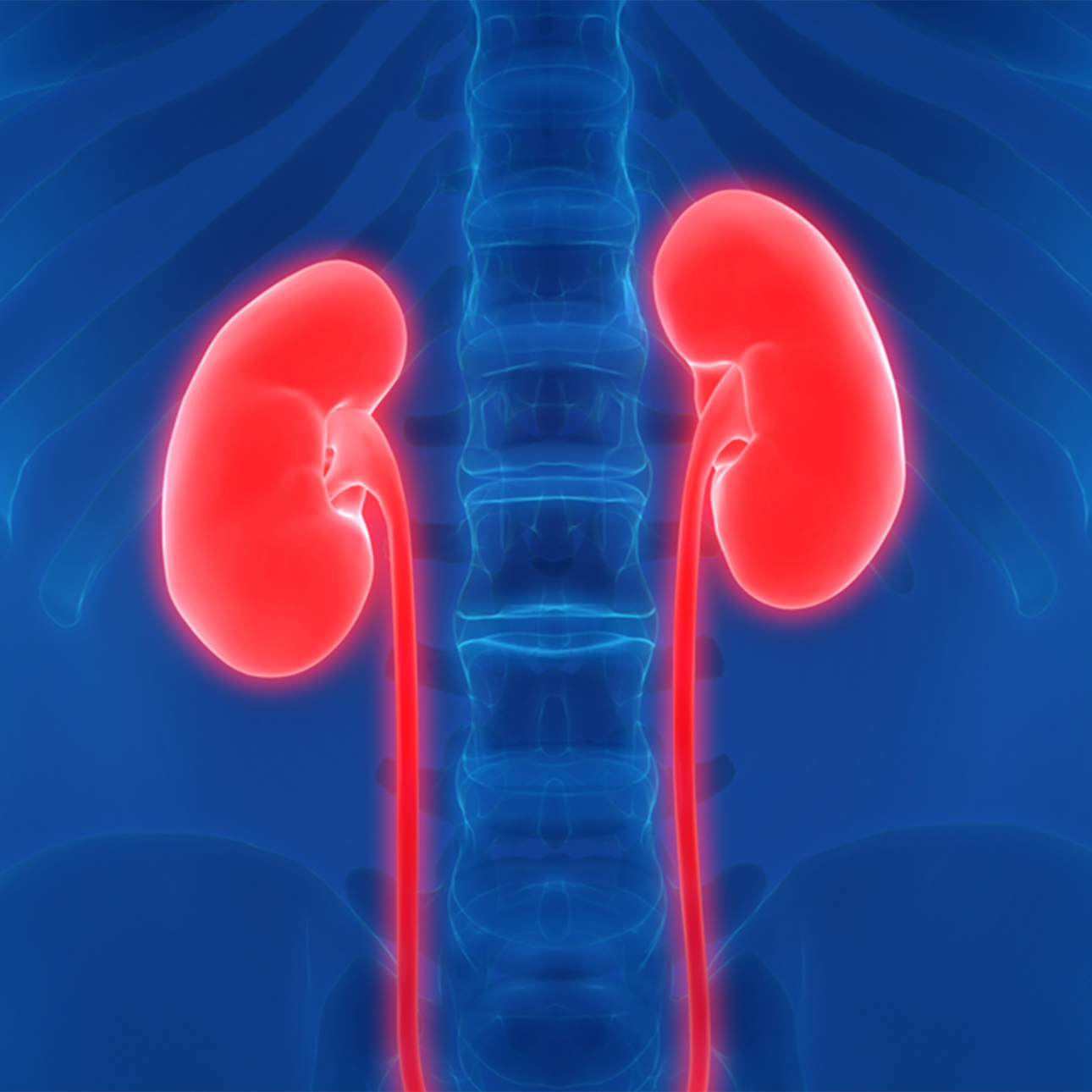
Polycystic Kidney Disease, Autosomal Dominant
Treatments
Unfortunately, there is no cure for autosomal dominant PKD. Once a diagnosis is made, your doctor will want to work with you to reduce pain and discomfort, minimize complications and keep your kidneys healthy for as long as possible. Here are some measures that may help.
Evaluating Headaches
See your doctor if you have severe or recurring headaches — especially if they feel different from other headaches you've had. They could be caused by an aneurysm in the brain, which could be extremely dangerous if it ruptures.
With small aneurysms, you can lessen the danger by keeping blood pressure and cholesterol under control, and by not smoking. If you have a larger aneurysm, your doctor may advise surgery to clip it.
Managing Pain
PKD-related pain can have many causes. Most commonly, the pain manifests as a dull ache in the back or sides; this type of pain is thought to be caused by the enlarged kidneys putting pressure on cyst walls or on other organs. Other causes may include infection of the cysts, bleeding into the cysts or kidney stones. You should see your doctor to determine what's causing your pain, because treatment needs to be tailored appropriately.
Pain from pressure on the cyst walls can be treated with over-the-counter painkillers. You'll need to get advice from your doctor about which type to take, though, as some can harm the kidneys.
Severe pain from cysts that have grown bigger can sometimes be treated with surgery to shrink the cysts, though it's not a permanent solution.
If your pain comes from an infected cyst, your doctor may want to treat the infection with an antibiotic.
Blood in the urine can signal bleeding into the cysts. Typically, doctors will advise bed rest and increased fluid intake for a few days. If the bleeding doesn't stop, a procedure may be required.
If your pain is from kidney stones, they can be treated in several ways, depending on their size, composition and location. One common treatment is lithotripsy, a noninvasive procedure that directs high-energy shock waves to break up the stones. The presence of many cysts, though, can make lithotripsy less effective. In some cases, a urologist may need to be consulted.
Controlling blood pressure
If you have PKD, you're at increased risk of high blood pressure — and it's important to keep your pressure within the normal range to avoid damaging your kidneys. You may be able to control your blood pressure with diet, exercise and other lifestyle modifications. If not, medications, including angiotensin-converting enzyme (ACE) inhibitors and angiotensin receptor blockers (ARBs), can help.
Treating Urinary Infections
If you get a urinary infection, let your doctor know right away. You'll want to be treated promptly with antibiotics so the infection doesn't spread to the cysts in the kidneys. Infections in the cysts themselves are more difficult to treat.
Dialysis and Transplant
When PKD progresses to kidney failure, waste products and fluid begin to build up in the blood. Initial symptoms may include nausea, loss of appetite, fatigue, and vomiting. At this point, either dialysis or a transplant is necessary.
A transplant often offers a better prognosis, but a shortage of organs means that even patients who desire a transplant are likely to rely on dialysis first.
There are two types of dialysis: hemodialysis and peritoneal dialysis. In hemodialysis, the blood is circulated and cleaned through an external filter, then recirculated back into the body. It's usually done at a dialysis center, several times per week for several hours, but can be done at home in some scenarios. Peritoneal dialysis can be done at home, and can be a better choice for people who are able to continue working.
For transplants, kidneys from living donors usually work best. A donor need not be a relative. Younger people with few other health problems are the best candidates for transplant. Your doctor can help you choose the best course of action for you.
UCSF Health medical specialists have reviewed this information. It is for educational purposes only and is not intended to replace the advice of your doctor or other health care provider. We encourage you to discuss any questions or concerns you may have with your provider.






